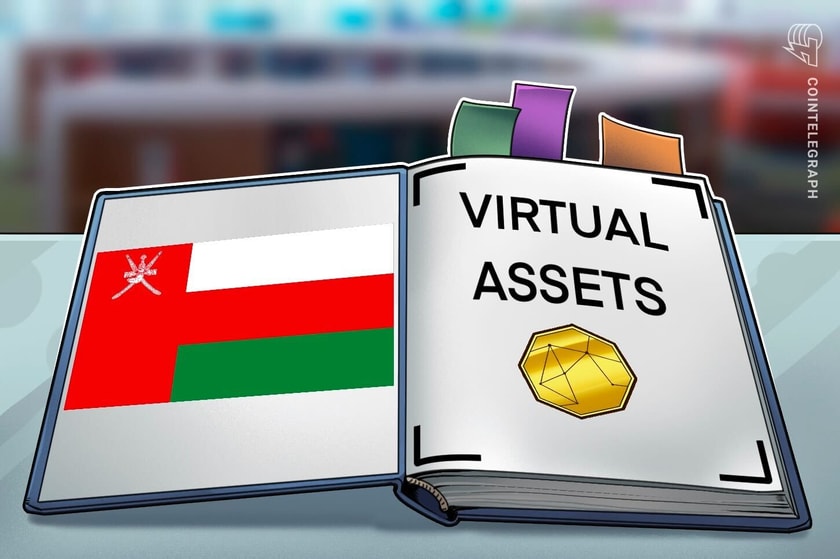
Oman financial regulator seeks feedback on proposed virtual asset framework

Although the proposed virtual asset regulatory framework in Oman covers FATF-defined assets, the issuance of privacy coins might get banned.
The Sultanate of Oman is inching closer to launching its own virtual asset regulations, with its financial markets regulator seeking public comments on its proposed regulatory framework governing digital assets, such as cryptocurrencies.
The Capital Market Authority of Oman is currently in the process of drafting a comprehensive regime for the virtual asset sector, which includes various business requirements and market abuse prevention, it said in the consultation paper published on July 27.
“The CMA is seeking to provide an alternative financing and investment platform for issuers and investors while mitigating the risks associated with the [virtual asset] class.”
The consultation paper includes 26 questions, with which industry stakeholders could provide their opinion. It includes proposals on regulatory and licensing requirements for virtual asset service providers (VASPs), corporate governance, risk management and virtual asset issuance.
It revealed that the proposed framework encompasses utility tokens, security tokens, fiat-backed and asset-backed stablecoins, and other digital currencies that fall under the Financial Action Task Force’s definition of virtual assets. However, the issuance of privacy coins might get banned, pending public feedback.
Related: UAE emerges as a pro-Bitcoin mining destination in the Middle East
The CMA might also require VASPs to establish a local presence in Oman through a legally established entity and physical office and impose minimum capital requirements on them. If finalized, virtual asset firms might also be required to hold only a low percentage of assets in hot wallets, conduct audits of safeguarded assets and show proof of reserves.
The public must submit their feedback to the consultation paper by Aug. 17, with key opinions potentially getting posted on the CMA website.
Following the consultation phase of the development of the virtual asset regime, the CMA will draft and finalize the regulatory framework.
Although the CMA publicly announced launching a regulatory framework on Feb. 14, discussions on regulating the virtual asset industry in Oman began much earlier. In November 2020, the country’s National Committee for Combating Money Laundering and Terrorist Financing decided to launch a task force comprising CMA and Central Bank of Oman officials to study whether to ban or permit virtual asset activities. Consultants were then enlisted in December 2022 to assist in setting up the new regime.
Go to Source
Author: Hermi De Ramos









